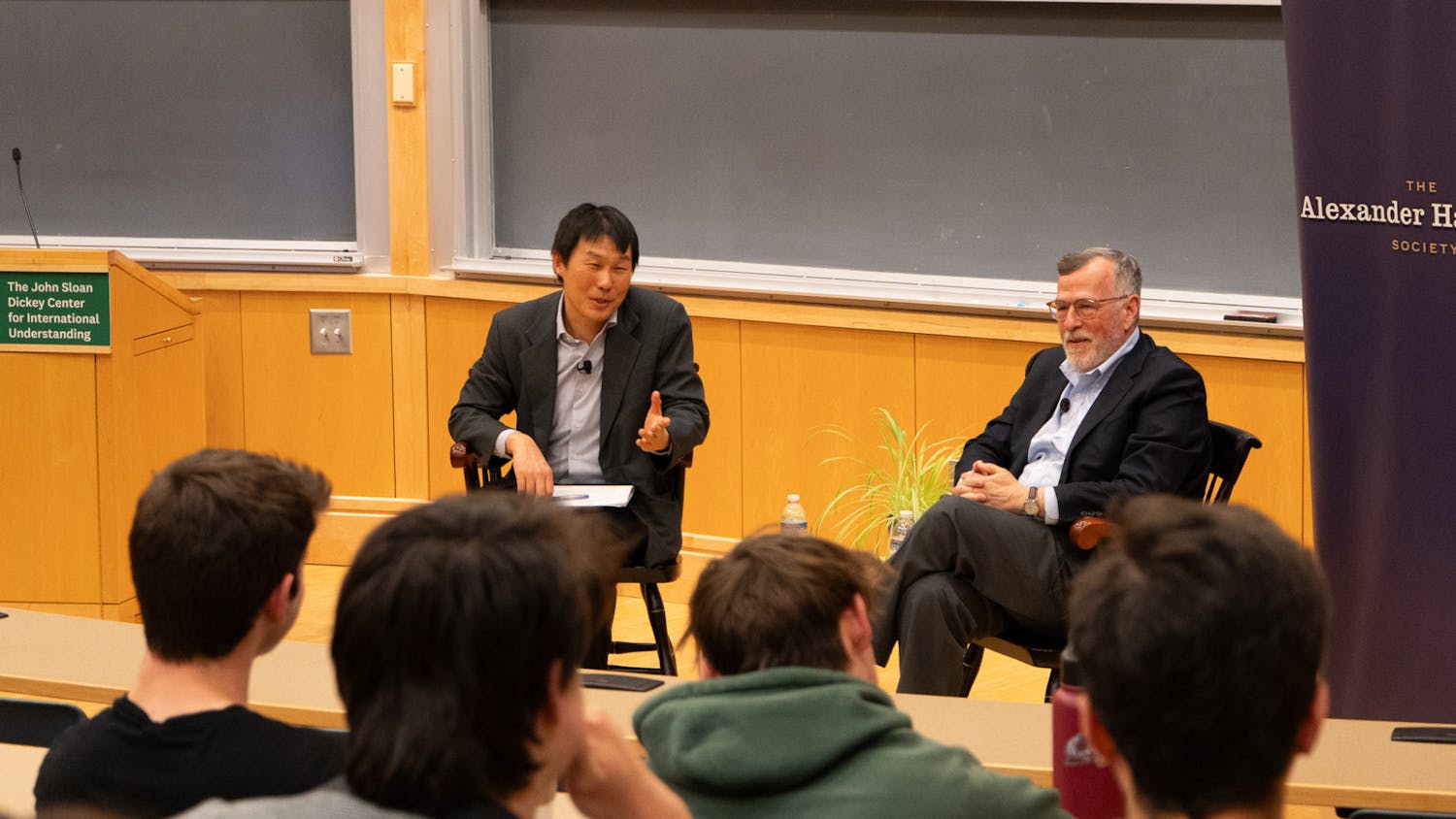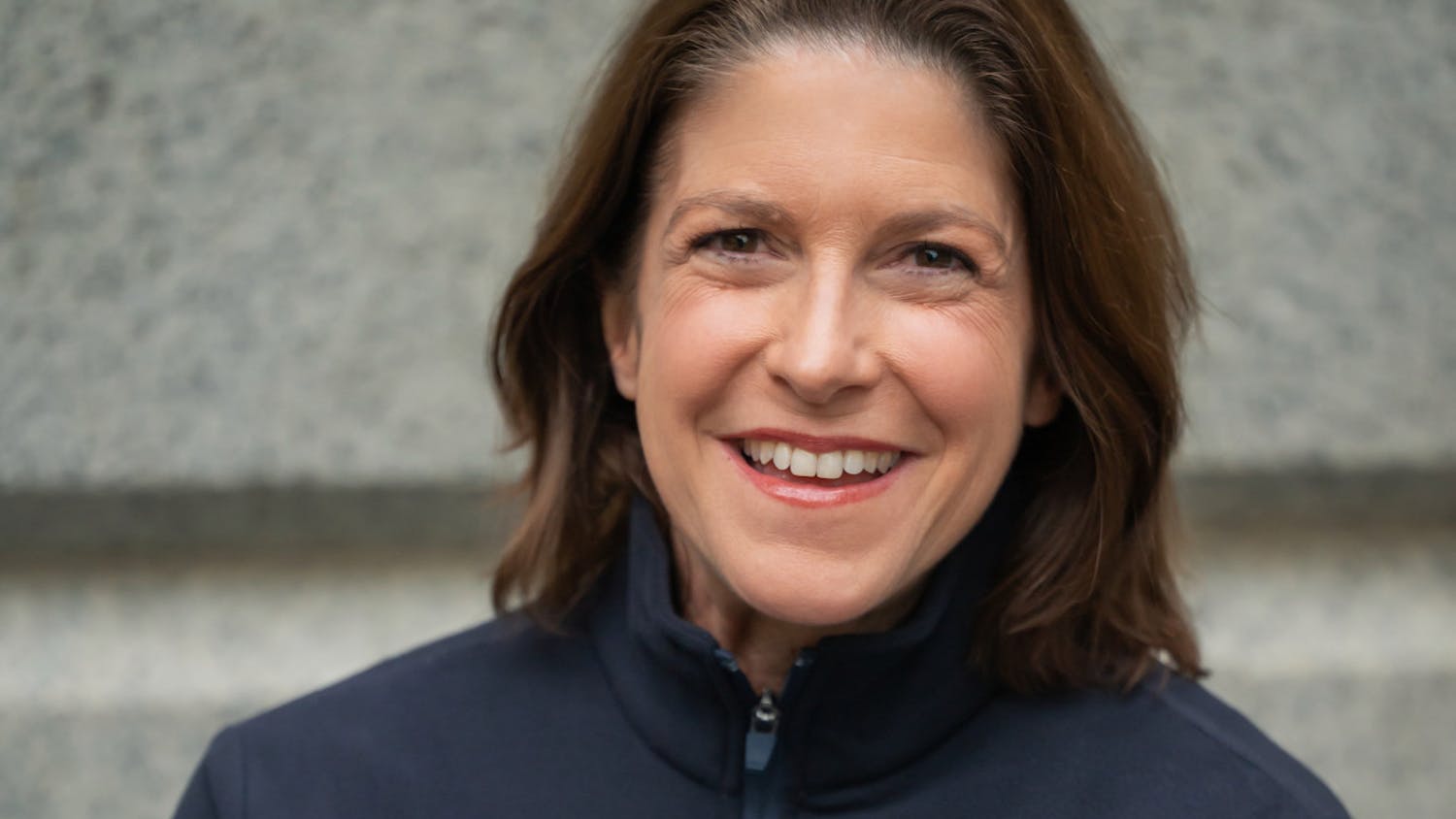"Freedom of expression as Americans know it does not really exist in Cuba," said Associated Press Havana bureau chief Anita Snow, who is also a Nieman Fellow in Journalism at Harvard University.
While Cubans complain about non-political issues, including food rations and inefficient public transportation, nobody protests the government openly, Snow said.
"As a journalist working in Cuba, we have a lot of problems with officials who would not answer us," Snow said.
Controversial news articles are immediately censored, Snow said, adding that an article that criticized the way the official Cuban press distributed news to the public "disappeared" an hour after it was published.
Snow said she believes the advancement of technology on the island, including the increasing prevalence of cell phones with Internet access, will help Cubans break through barriers of expression.
"I think Pandora's box is open, and there's no closing it now," Snow said. "Once they learn all these technologies and run with it, it will be really interesting to see how the Cuban government will deal with it."
The United States government does not have Cuba's best interest in mind, according to University of North Carolina political science professor Lars Schoultz, a member of the panel.
"We basically institutionalized the white man's burden," Schoultz said. "We feel an obligation to help Latin America. I don't think people like to be treated that way."
The United States is currently nearing the end of its second cycle of policymaking in Cuba, Schoultz said. In each cycle, there is a slow shift toward relative neglect as the federal government focuses on U.S. interests rather than helping Cuban residents, Schoultz said.
"Aid, like our Cuban policy, is basically dead," Schoultz said. "We just haven't buried it yet."
The embargo is one of the biggest problems facing U.S. Cuban policy, according to panelist Daniel Erikson, senior associate for U.S. policy at the Inter-American Dialogue.
The policy's many loopholes make the embargo highly ineffective, Erikson said. Congress passed an amendment in 2000 to allow U.S. food producers to sell to Cuba, and the United States has earned a profit of $3 billion through its trade with the island, Erikson said.
The embargo, however, is "built to last," Erikson said, adding later, "Today, it's easier for a potato to go to Cuba than a person."




